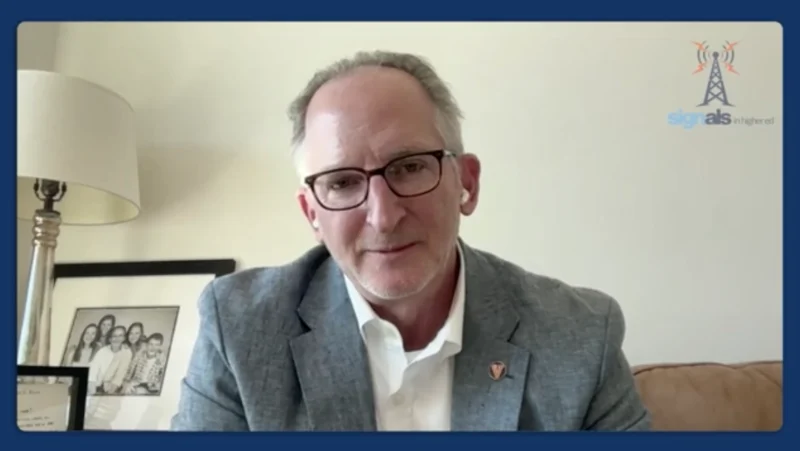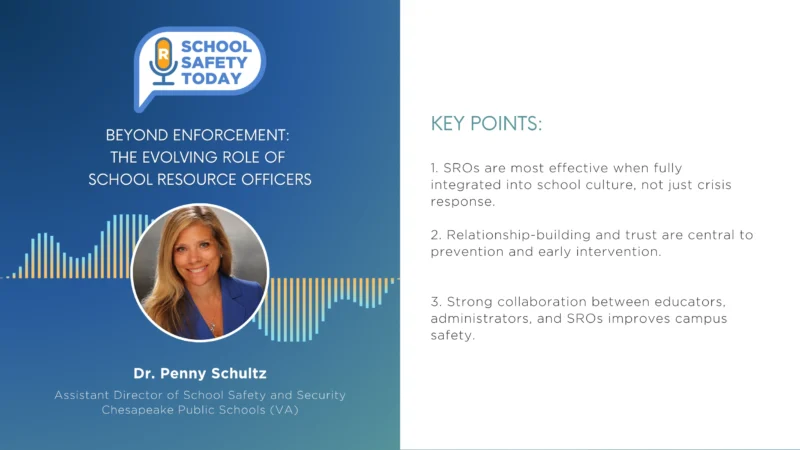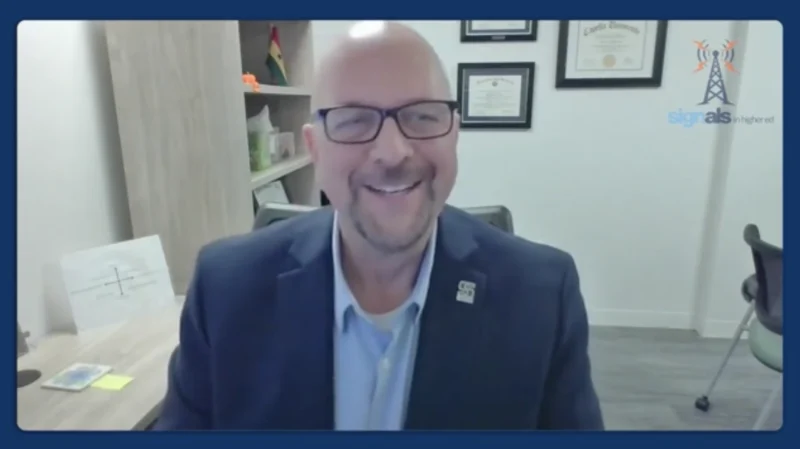Unveiling the Snowball Effect of Learning Loss: Insights from Expert Luke Graybel and Front Row Podcast
In this thought-provoking episode of the Front Row Podcast, education expert Luke Graybel sheds light on the significant impact of the snowball effect of learning loss in today’s education system. Luke, the regional sales manager in the Midwest for Front Pro, provides valuable insights into the consequences of students’ knowledge decay when they are not actively engaged in learning.
Learning loss refers to the decline in knowledge and skills that students experience when they are away from school. Luke emphasizes the importance of combating this phenomenon and strengthening the learning system. School districts are taking measures such as implementing new curriculum, technology integration, and new assessments. Additionally, they are leveraging the Elementary and Secondary School Emergency Fund (EssER) to establish long-term solutions for recovery and acceleration, ensuring a more resilient and effective learning approach.
Luke highlights the potential long-term effects of undetected learning loss, emphasizing that students may have significant gaps in their education. He explains that education is built upon the foundation of compound learning blocks, and any missing or weak blocks can have a detrimental impact on overall educational outcomes.
The conversation also explores the role of classroom audio in addressing learning loss. Classroom amplification systems, such as those offered by Front Row, enhance speech intelligibility, comprehension, and retention of new information. Notably, studies like the Mars project have shown a remarkable 7-10% improvement in academic scores for normal hearing children using these systems. This improvement in scores is believed to correlate with enhanced retention, suggesting that hearing more equates to learning more.
To tackle the learning loss problem, Luke offers advice for students, parents, and teachers. He emphasizes the importance of reading and actively maintaining and reinforcing fundamental learning blocks to prevent regression. Consistent engagement with educational materials, even during breaks or disruptions, is crucial for retaining knowledge and building upon existing foundations.
By addressing the snowball effect of learning loss head-on and utilizing innovative approaches, we can ensure a brighter future for students, empowering them with a solid educational foundation and the tools they need to succeed.



